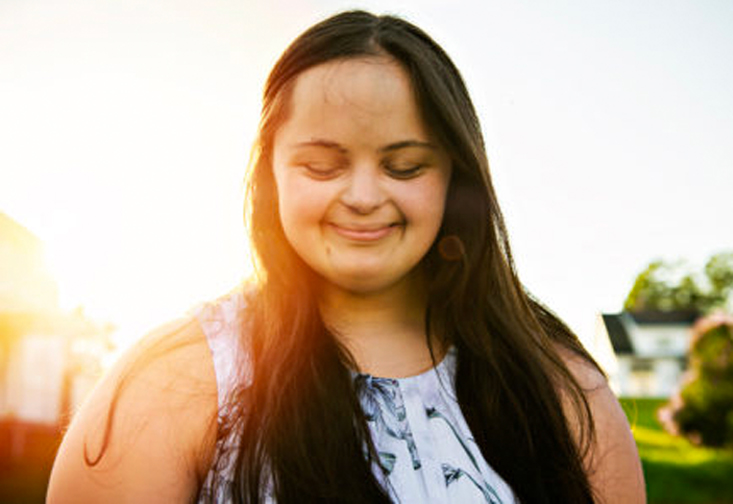A new program will provide a population of students who aren’t typically represented on college campuses the opportunity to experience higher education and campus life.
A $900,000 grant is establishing the UMatter program at USF’s St. Petersburg campus to provide young people with intellectual disabilities the learning, social skills and career training to set them up to be competitively employed and live independently.
Around 6 to 7 million people living in the United States have intellectual disabilities. Such disabilities can impact learning, reasoning and problem solving and tend to originate in the individual well before the age of 18. People with down syndrome and some on the autism spectrum fit into this classification.
Through support from UMatter professional staff and mentors, these students will navigate the transition from high school to college, acquire skills in socialization and independent living and experience professional training through internships. Scholarship funds up to $7,000 will be available to eligible students to cover tuition, housing, fees and other expenses.
“It’s about providing the same kind of adult life opportunities that any other individual would want in our society,” said Lyman Dukes, professor of special education and principal investigator of the program. “There has been this misperception that people with these disabilities do not have the aptitude to learn. But we now know and the data clearly indicate that young people that participate in these types of programs are employed at much greater rates, earn higher salaries, live independently more often and have a better quality of life.”
UMatter, which is being led by a team out of the College of Education, will focus on developing greater adaptive behaviors, which are everyday decisions regarding time management and healthy choices. Students can pursue their academic passions and have opportunities to have a true college experience by attending sporting events and being part of student clubs.
“Young adults with these disabilities tend to not have been exposed to high expectations of going to college or pursuing a career,” said Danielle Roberts-Dahm, UMatter co-principal investigator and director. “But through training and support provided by UMatter, they will learn time management, develop appropriate social relationships and know how to ask for help when they need it.”
The program plans to start with an inaugural class of between 8-12 students for the spring 2021 semester and then welcome up to 10 students in the following years. Most of the grant funding will go towards hiring trained special education professionals and student mentors. Dukes and Roberts-Dahm plan to engage with local high schools, attend college and agency fairs and create a listing of the program on the national database ThinkCollege to recruit eligible students.
“The target population are people with intellectual disabilities who want to continue their education in a university setting and are committed to taking classes, participating in internships and have a specific career goal,” said Dukes. “These are students who have earned a diploma in high school, but wouldn’t have the support network to be able to engage with a university in the past.”
Florida is an emerging leader in enhancing educational opportunities for those with learning disabilities. In 2016, the Florida Legislature passed the Florida Post-Secondary Comprehensive Transition Program Act, which established the Florida Center for Students with Unique Disability, the funding source for the UMatter program.
A similar program called Stages at the USF Tampa campus works with students with intellectual disabilities to experience college life, explore career options and reach their potential as members of the community.
“UMatter will open a lot of opportunities including expanding a person’s circle of support,” said Roberts-Dahm. “It is those relationships they build with their peers that will turn into lifelong friendships and that will help a person to have an independent and fulfilling life.”
